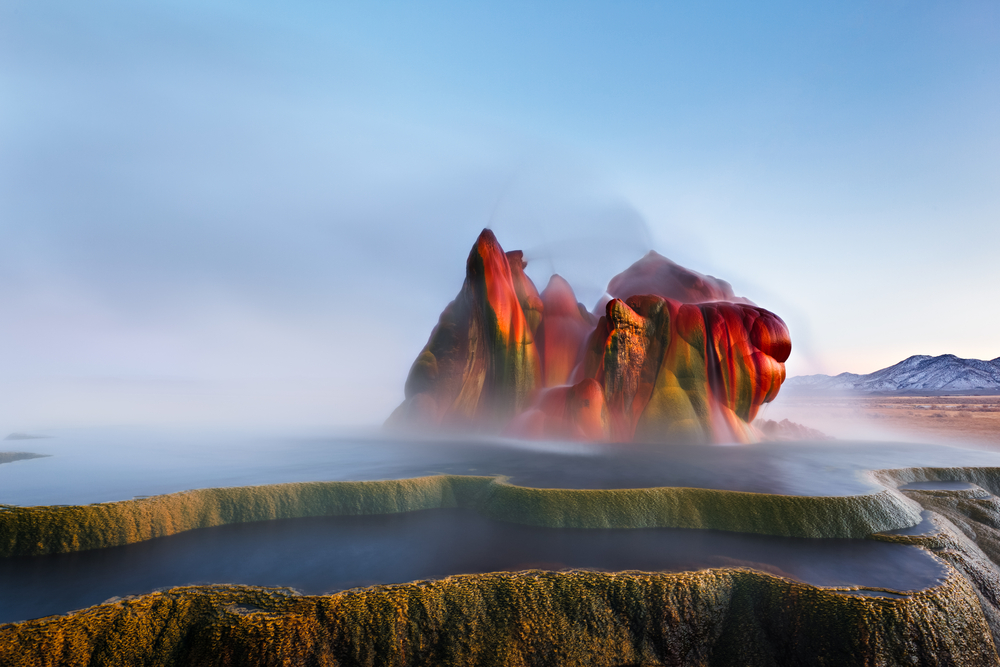
26 Breathtakingly Beautiful Places You Need To Visit In America
1. Garden Of The Gods, Colorado Springs, Colorado
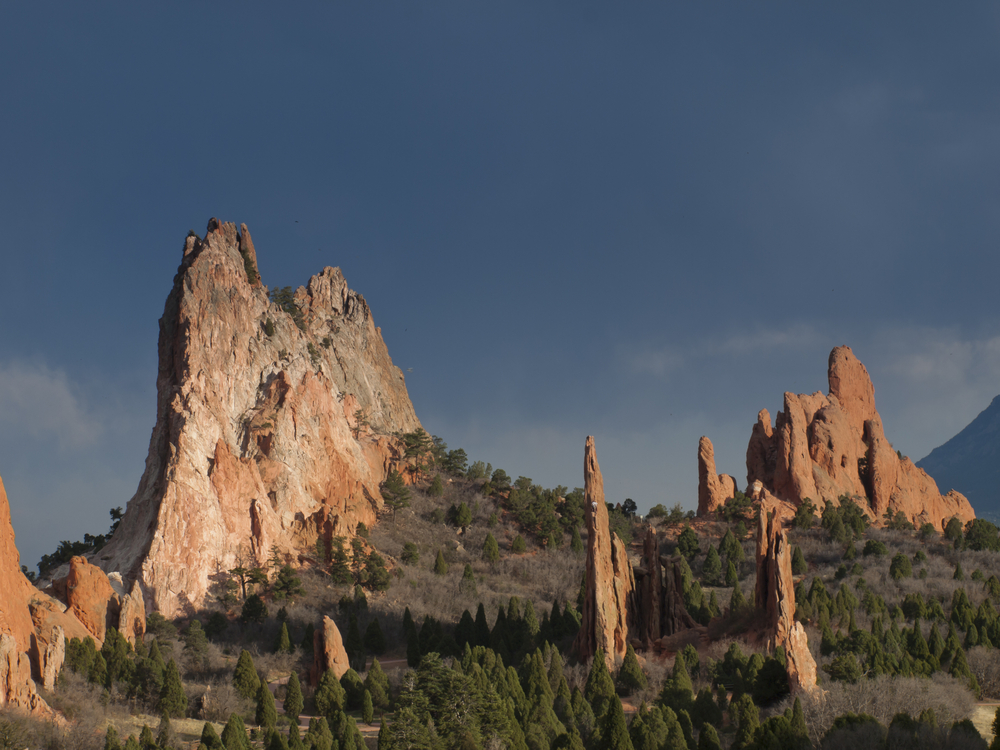
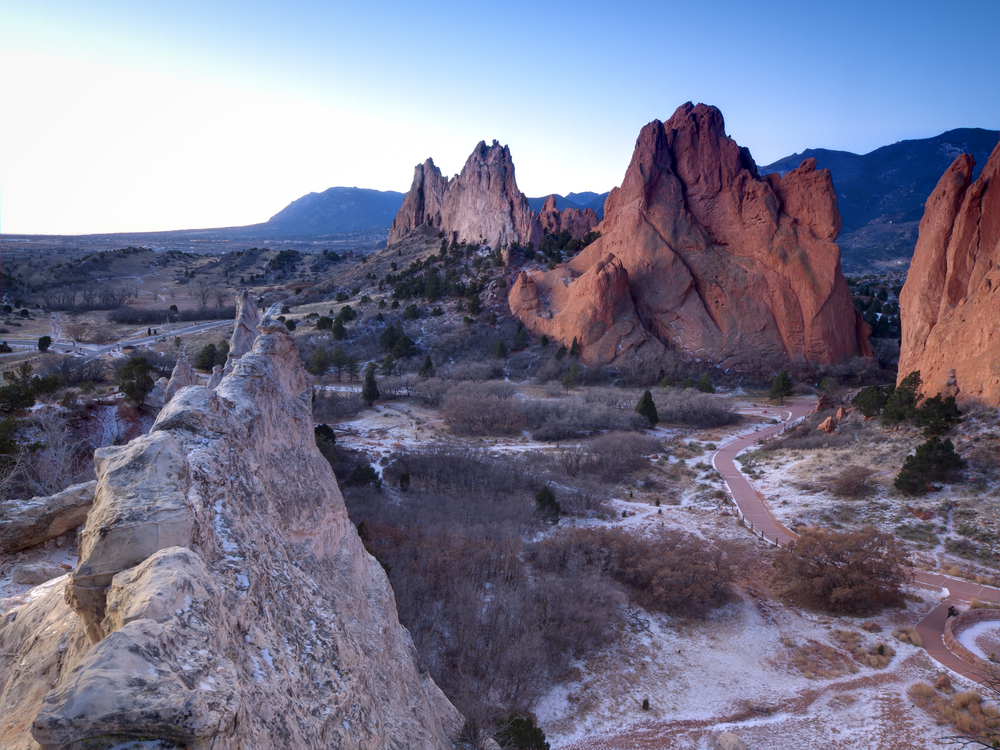
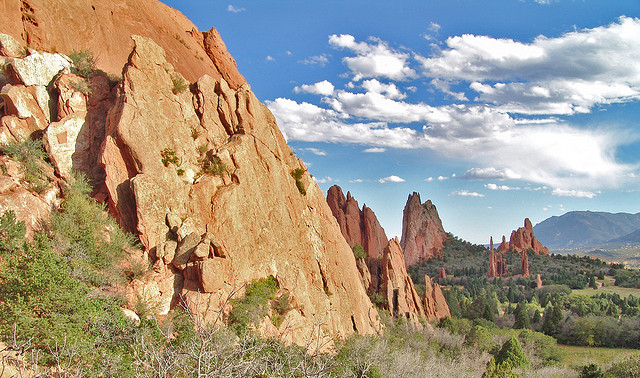
The Garden Of The Gods formations were created from crust upheavals millions of years ago. The park is a popular destination for hikers, rock climbers, mountain bikers and horseback riders. There are more than 15 miles of trails and the park attracts more than 2 million visitors a year.
2. Palouse Falls, Washington
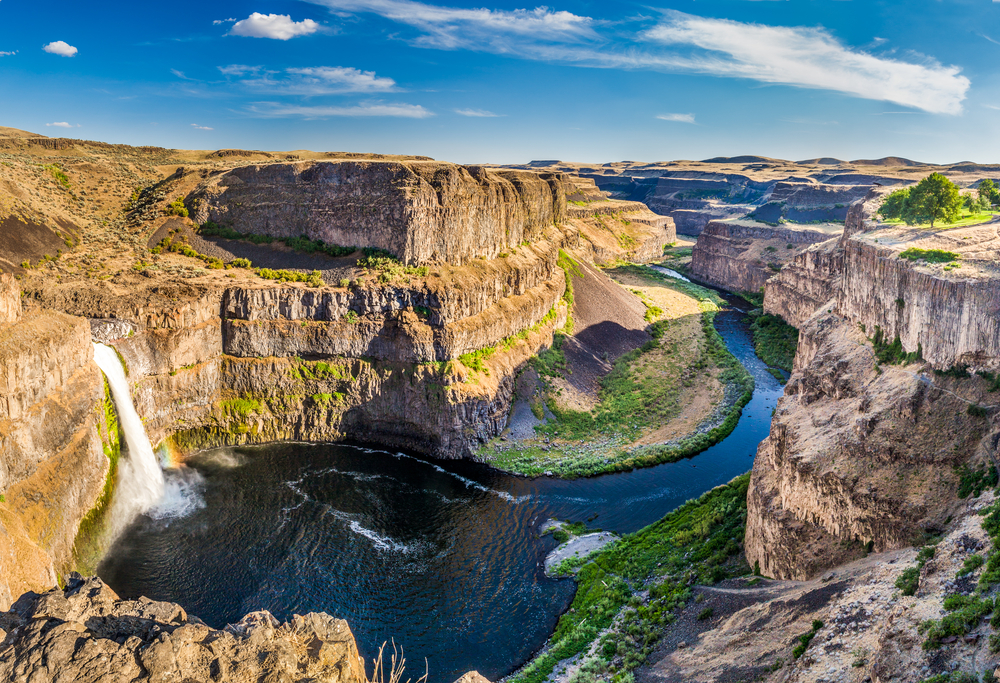
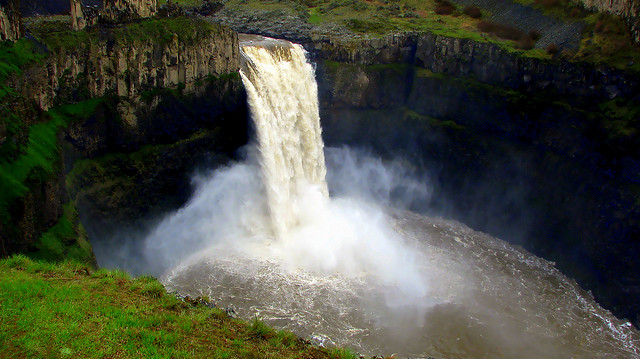
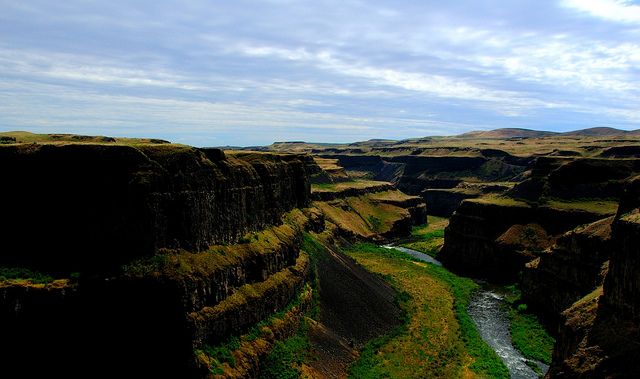
Palouse Falls is located in southeast Washington, located 4 miles upstream of the Snake River. It is 198 feet in height — on April 21, 2009, Tyler Bradt rode his kayak over the falls setting an unofficial world record for the highest waterfall run.
3. Grand Tetons, Wyoming
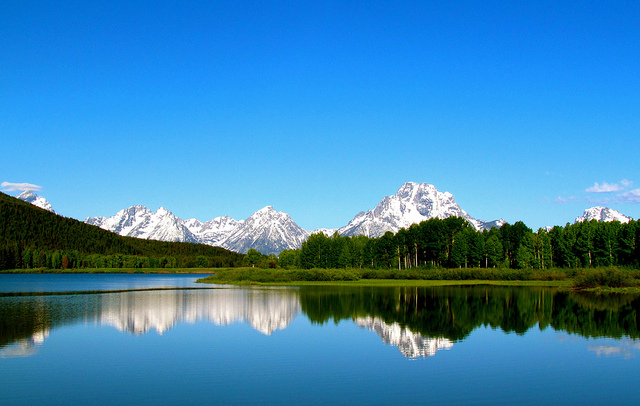
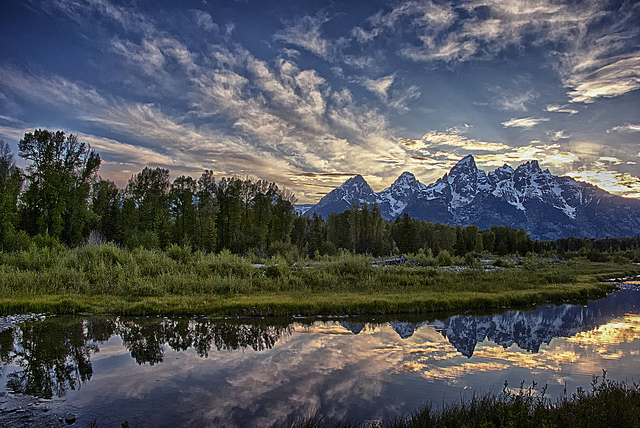
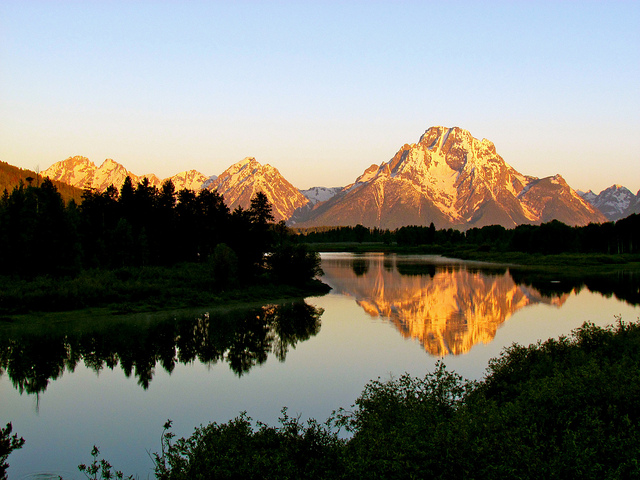
Grand Teton is the highest mountain (13,775 feet) in Grand Teton National Park, Wyoming. It is considered a classic destination for mountaineering.
4. Fly Geyser, Black Rock Desert, Nevada
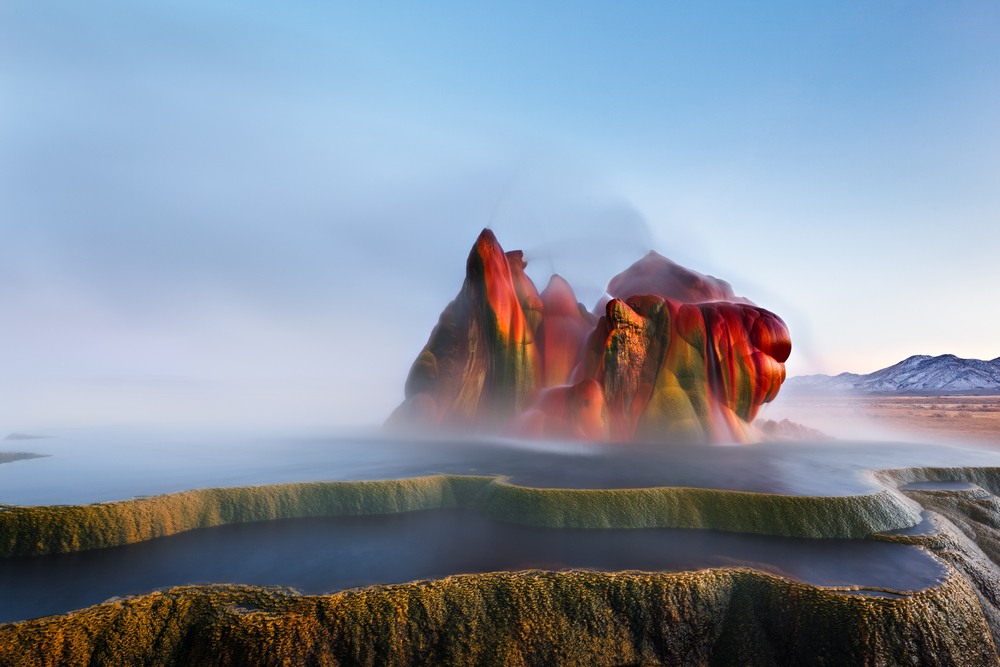
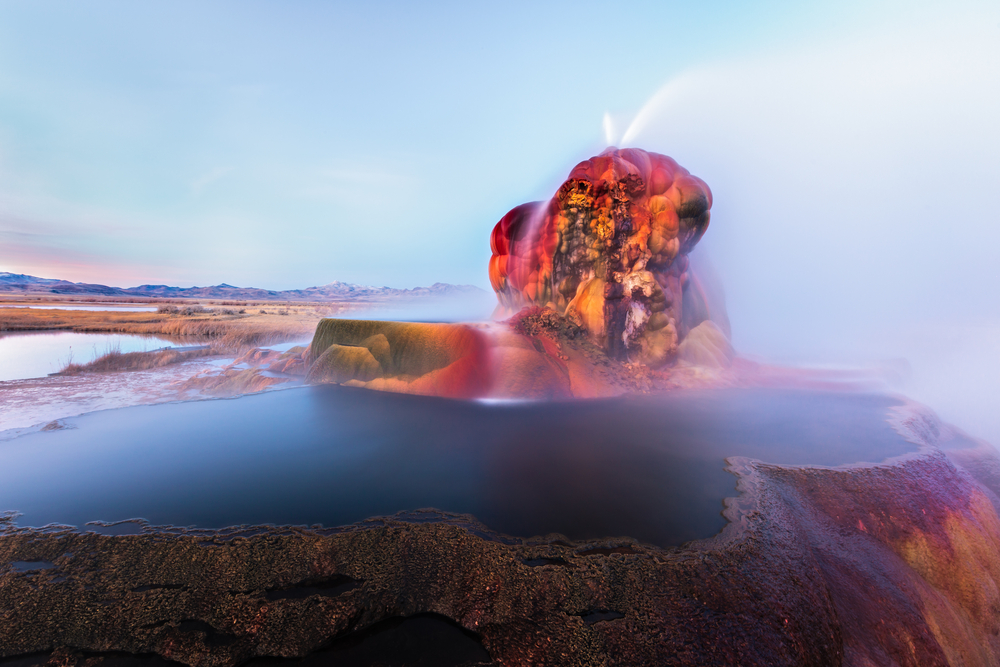
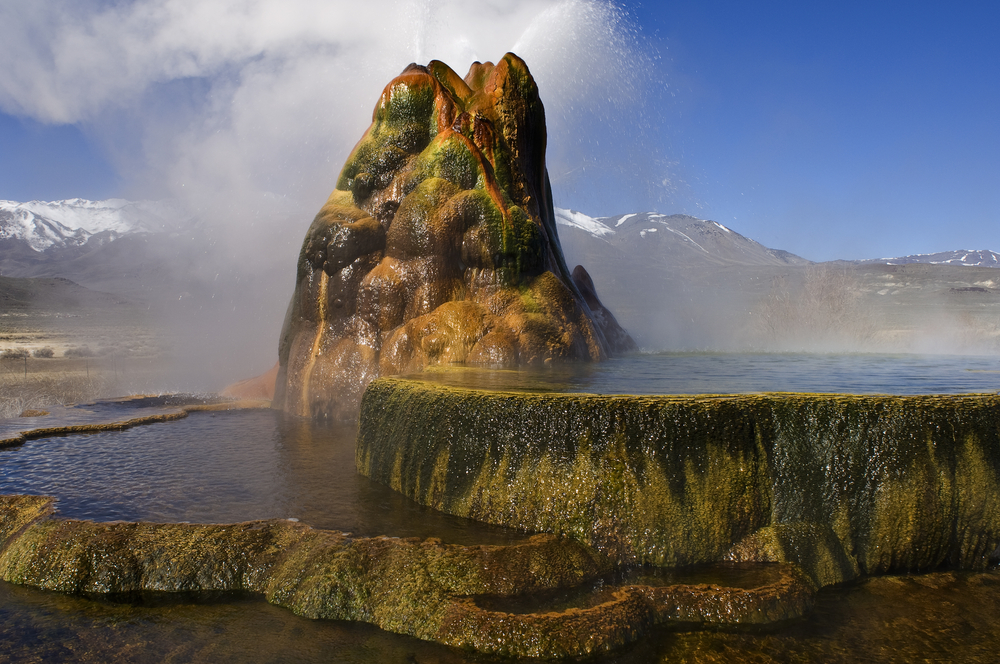
Fly Geyser is actually man-made. It was created accidentally from well-drilling in 1964. Water is released reaching up to 5 feet in the air.
5. Sedona, Arizona
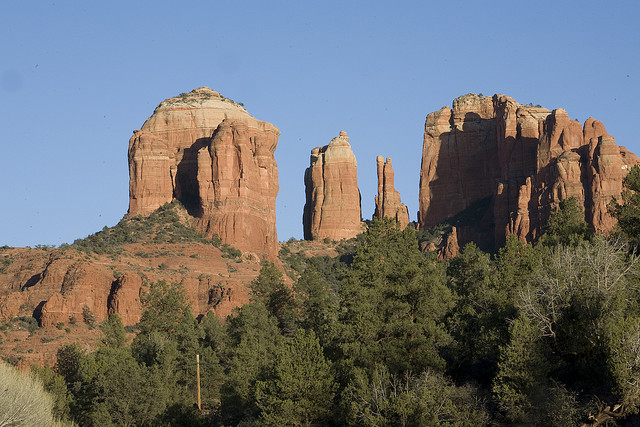
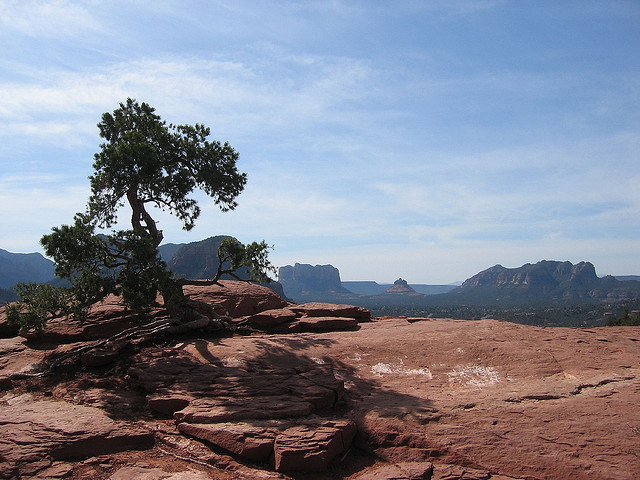
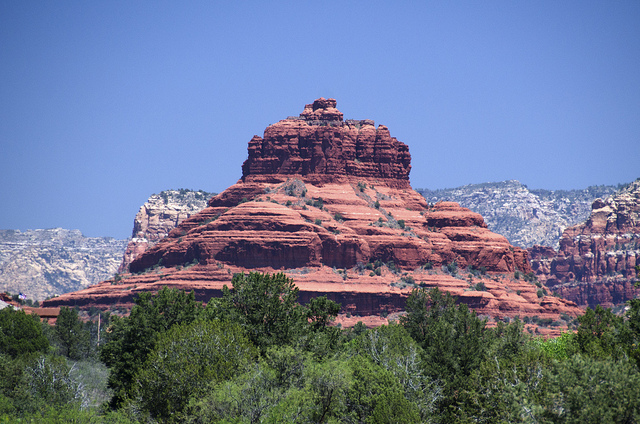
Sedona glows red when the sun sets over the red sandstone formations.
6. Valley Of Fire State Park, Nevada
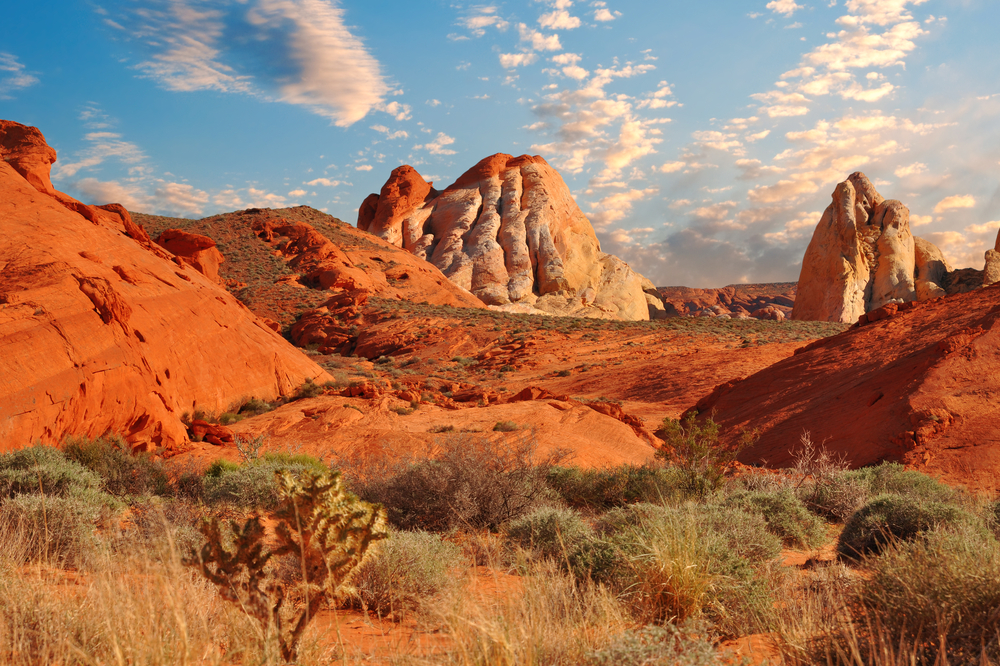
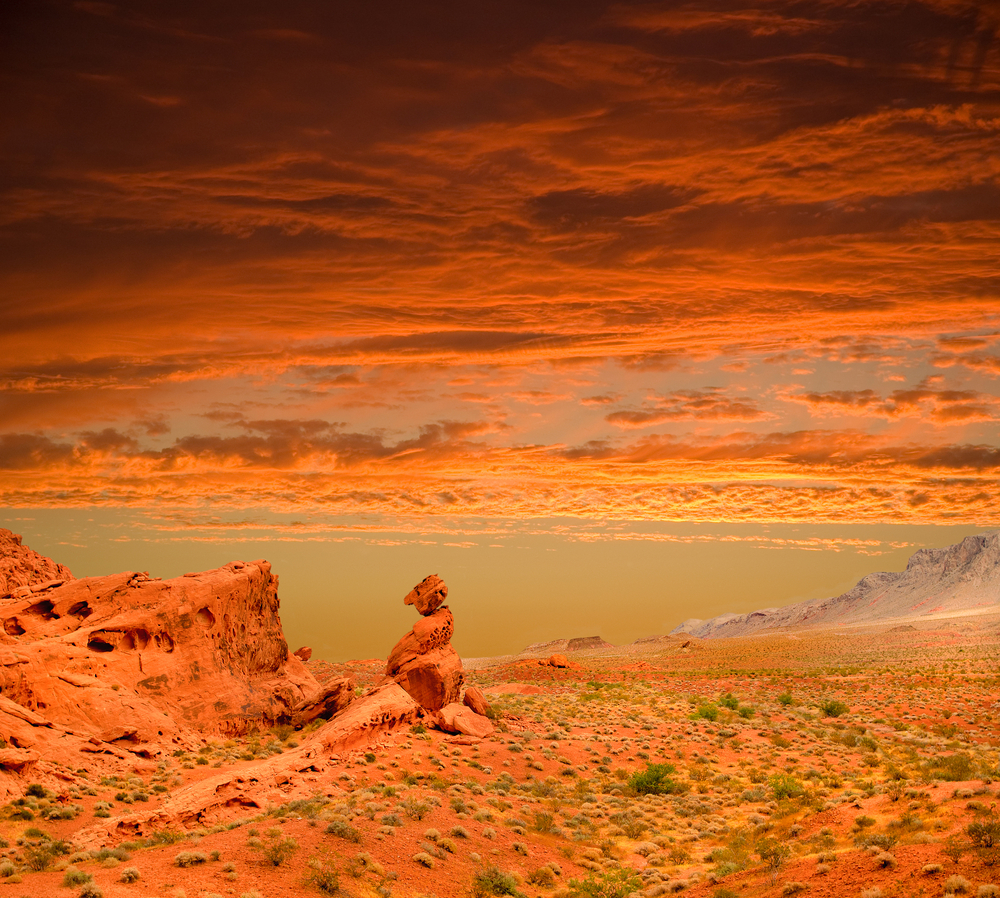
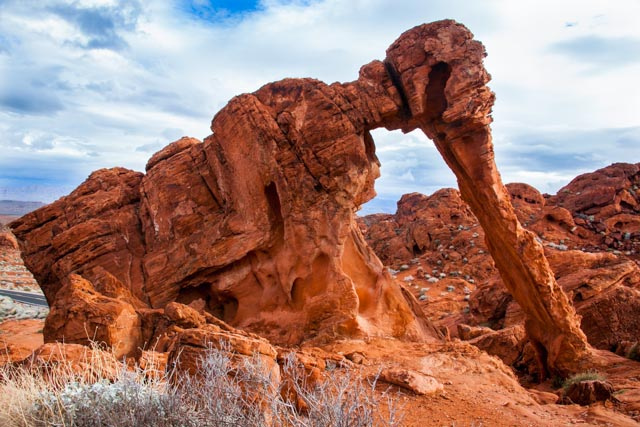
The oldest park in the state of Nevada, Valley Of Fire State Park covers almost 42,000 acres. Its red sandstone formations were formed from shifting sand dunes millions of years ago.
7. Painted Hills, Oregon
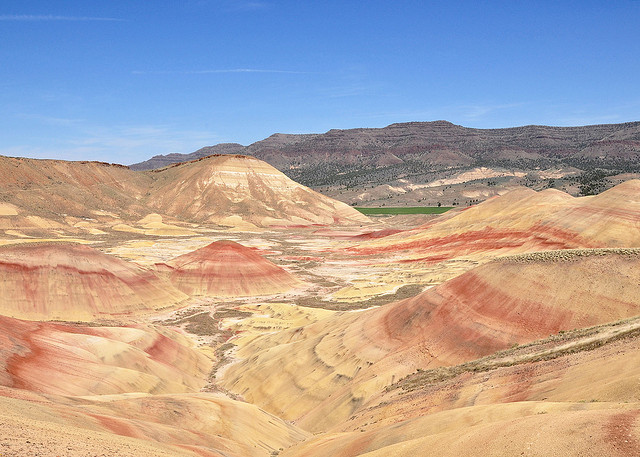
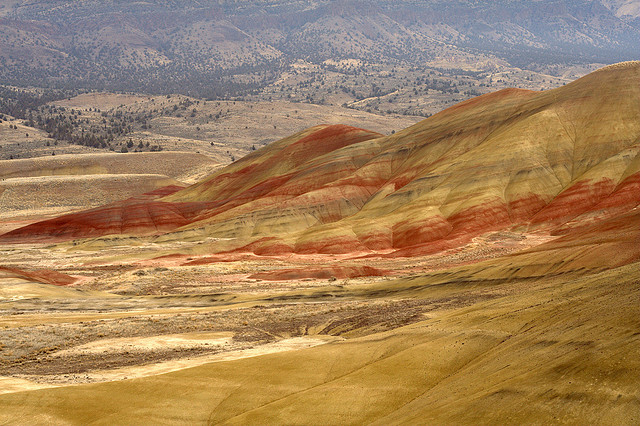
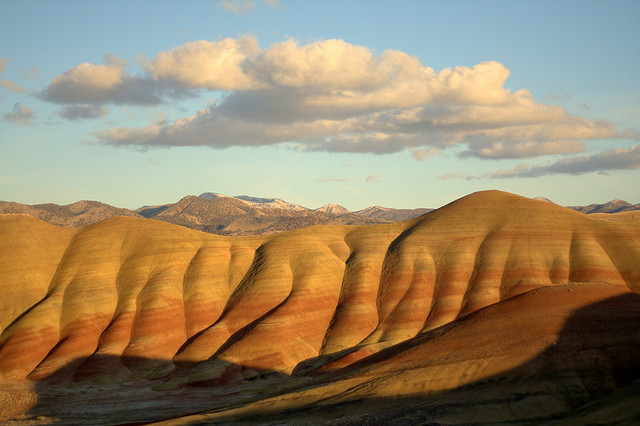
There is an abundance of fossils embedded throughout the hills, making it valuable to paleontologists and scientists.
8. Oneonta Gorge, Oregon
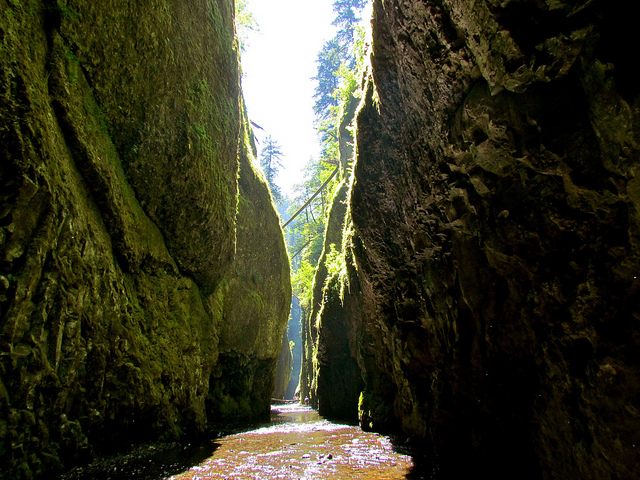

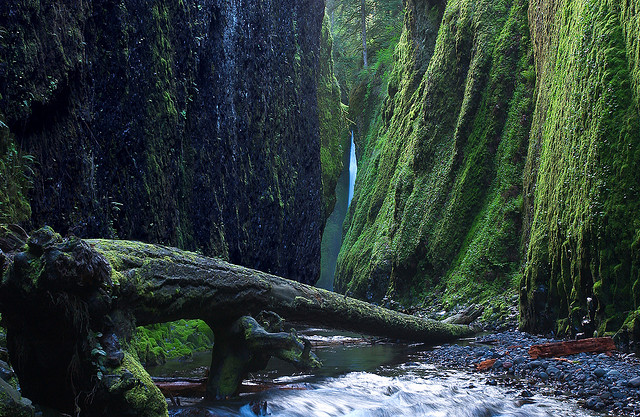
Oneonta Gorge was named after Carleton Eugene Watkins, an Oneonta native who traveled out west during the 1849 gold rush. Watkins is said to be the first person to ever have photographed the gorge.
9. Grand Prismatic Spring, Yellowstone National Park, Wyoming
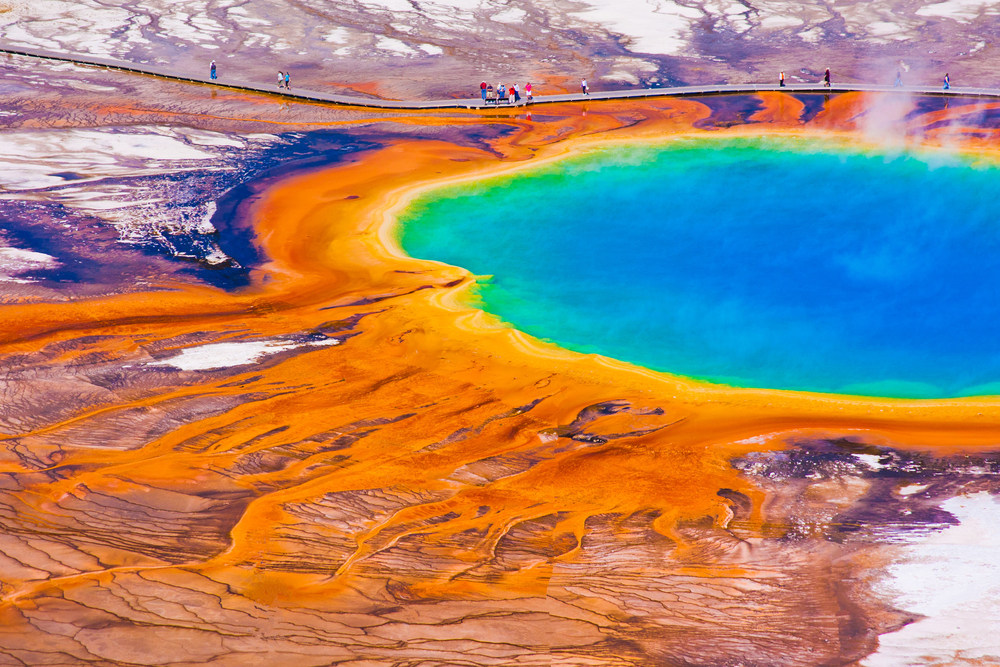
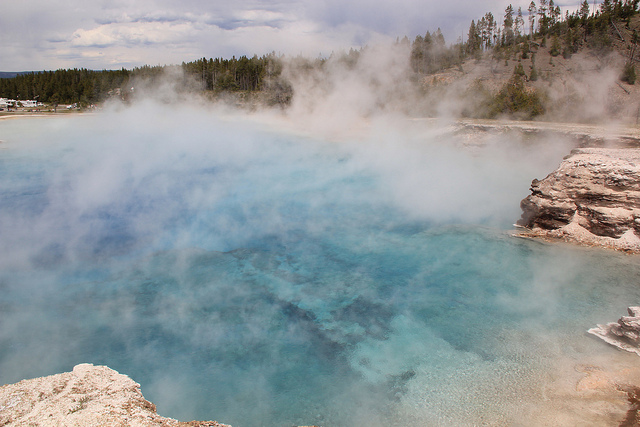
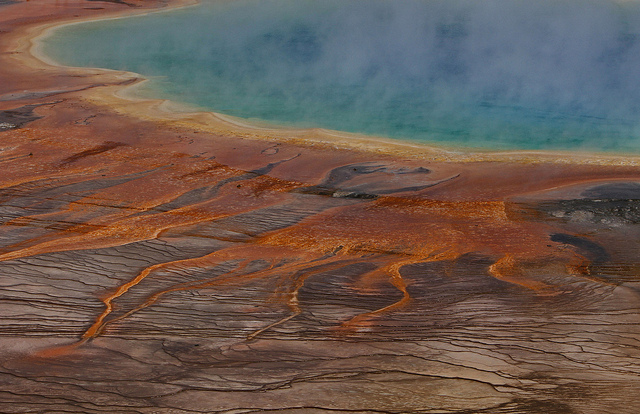
The Grand Prismatic Spring is the largest hot spring in the United States. It was discovered in 1871 by geologists who noted its striking colors.
10. Dixie National Forest, Utah
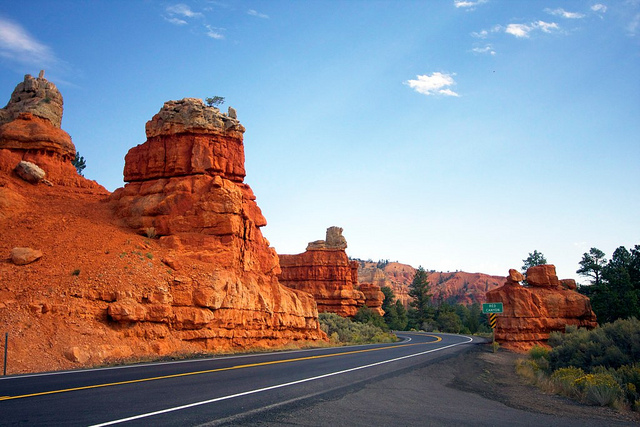
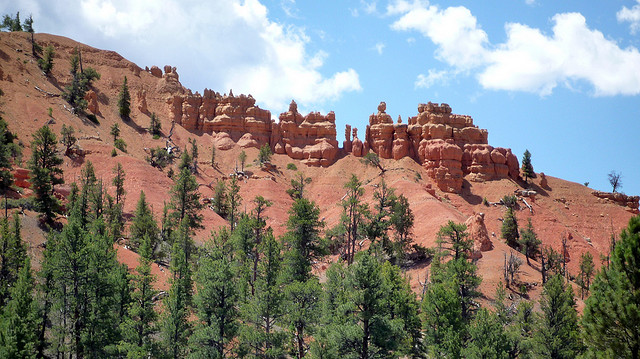
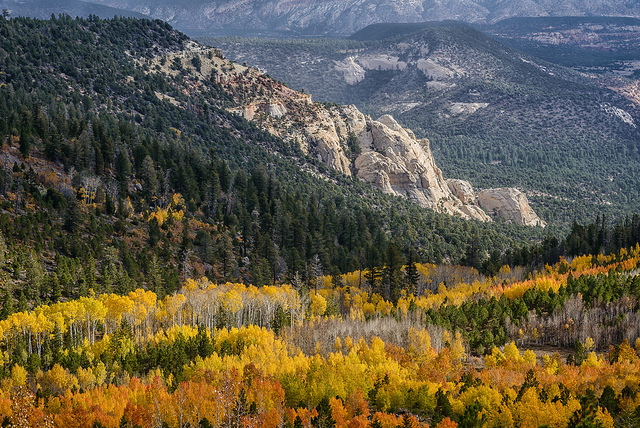
Dixie National Forest occupies almost 2 million acres and is the largest national forest in Utah.
11. Bass Harbor Lighthouse, Maine
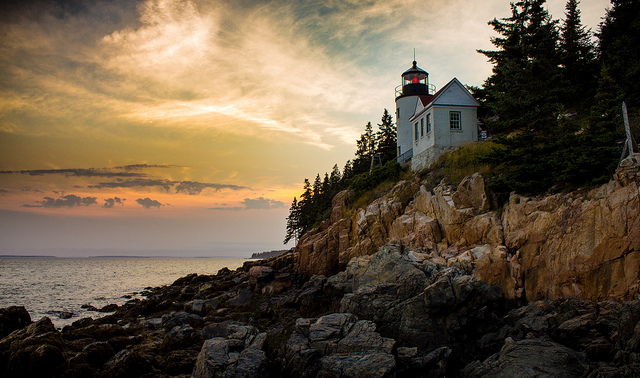
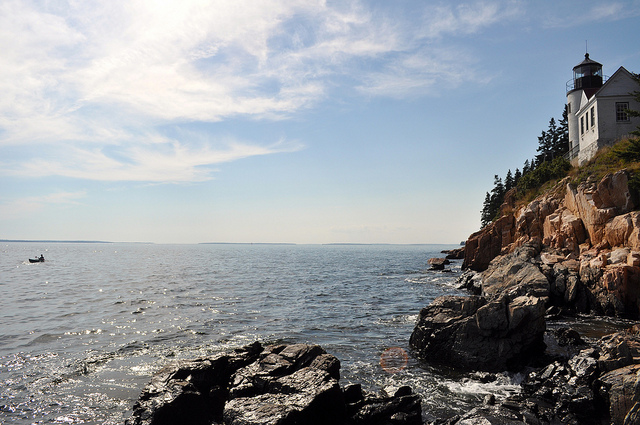
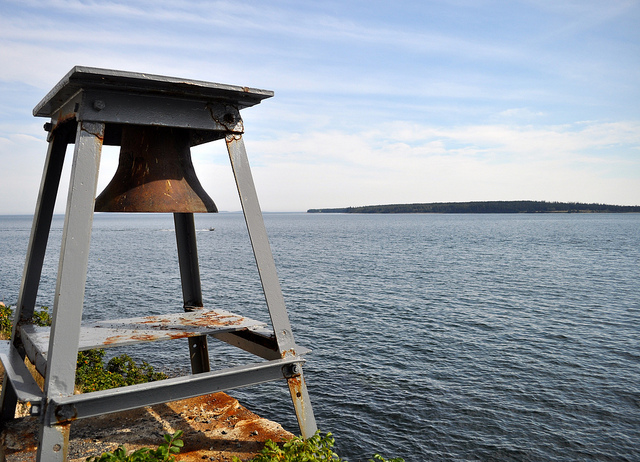
Bass Harbor Lighthouse marks the entrance to Bass Harbor and Blue Hill Bay. It is a private residence today.
12. Antelope Canyon, Arizona
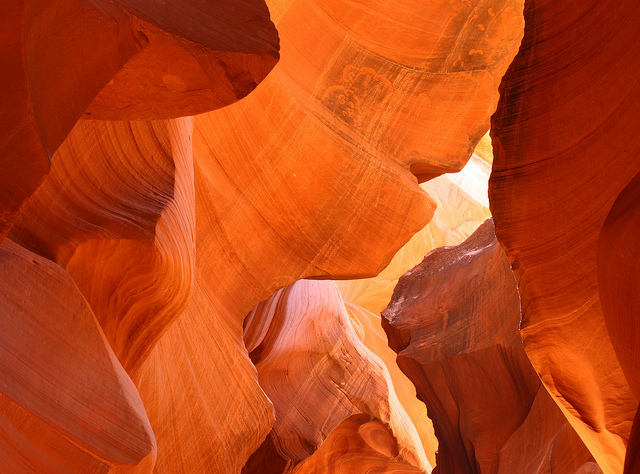

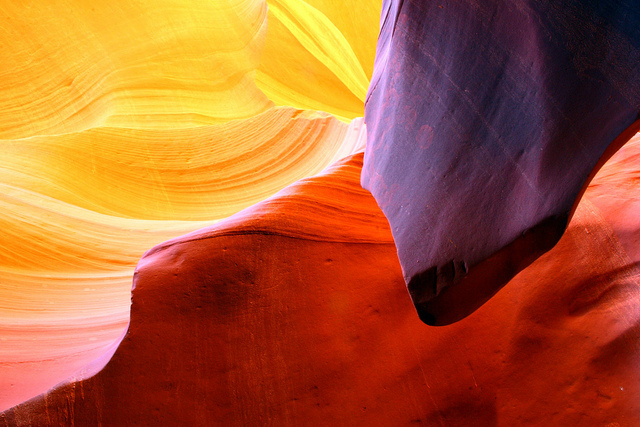
Located on Navajo land, Antelope Canyon is perhaps the most photographed geological formation in the American southwest.
13. Bear Lake, Rocky Mountain National Park, Colorado
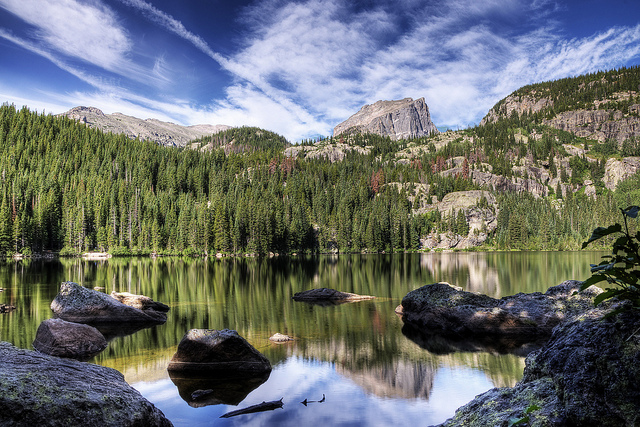
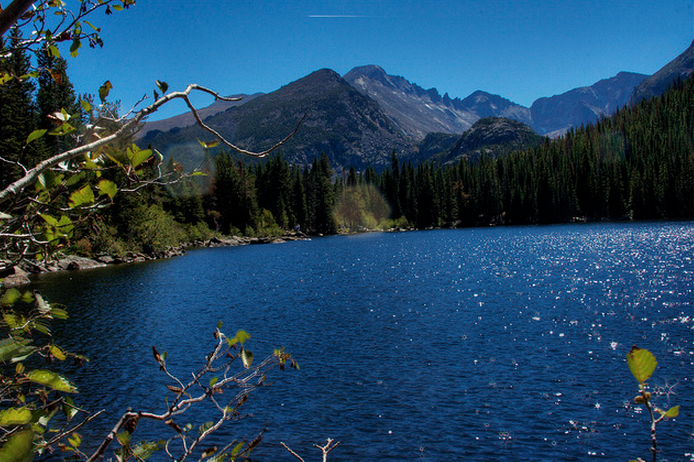
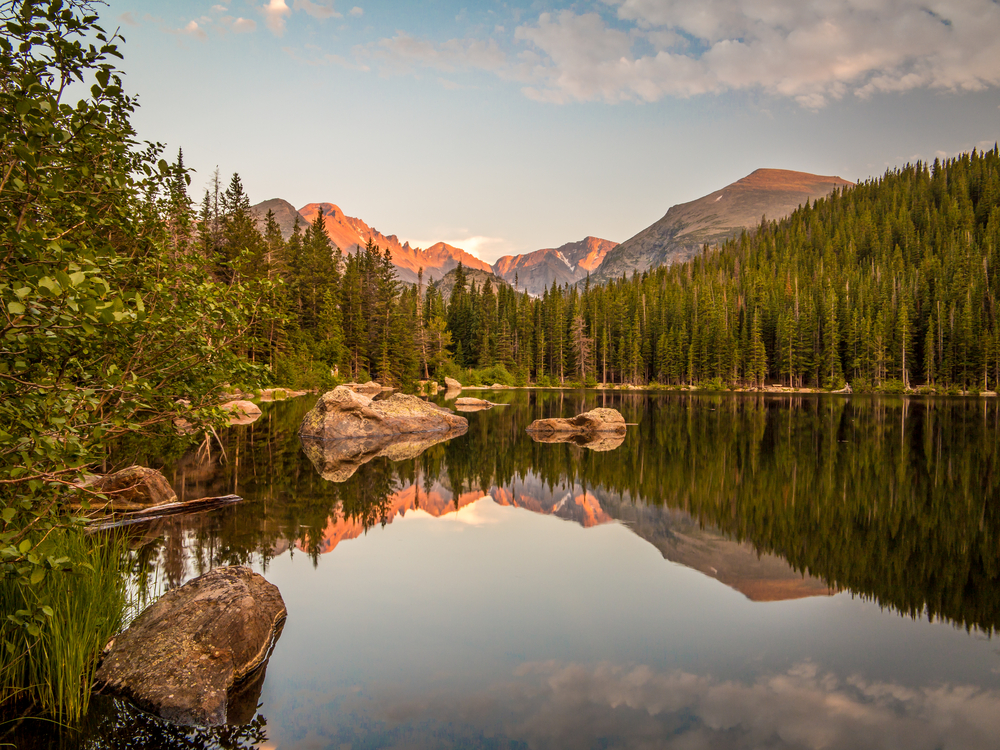
Bear Lake was formed by a glacier during the ice age.
14. Thor’s Well, Oregon
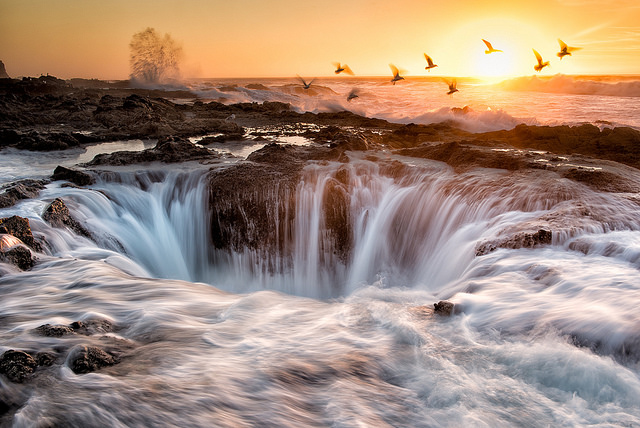
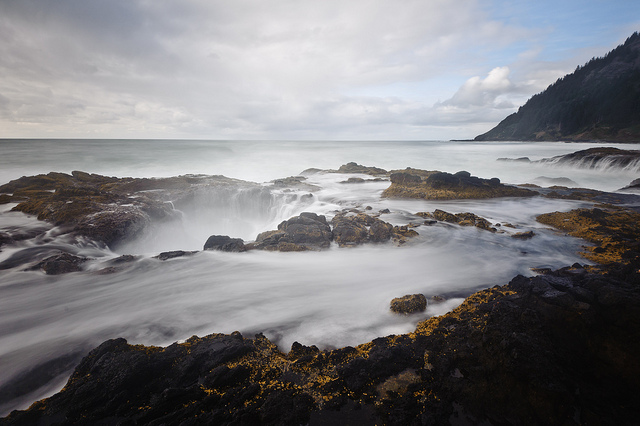
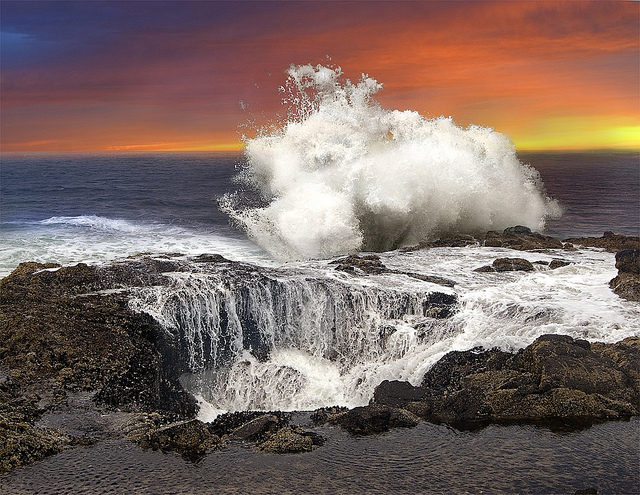
[youtube http://www.youtube.com/watch?v=GkFXXbFAl6E&w=584&h=390%5D
Thor’s Well is a deep hole that fills up with seawater as waves come crashing in, sending water up 20 feet into the air.
15. Coyote Gulch, Utah
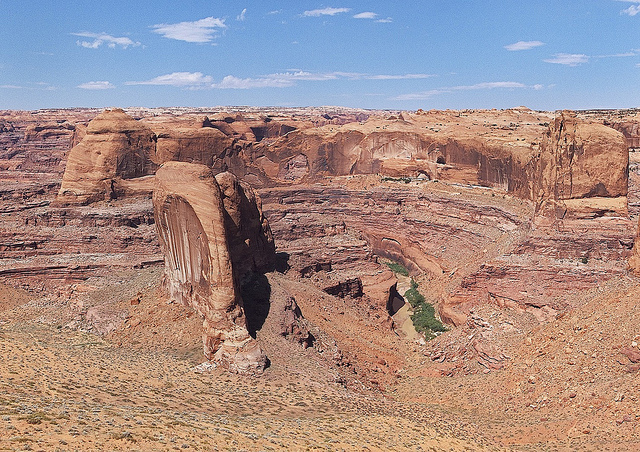
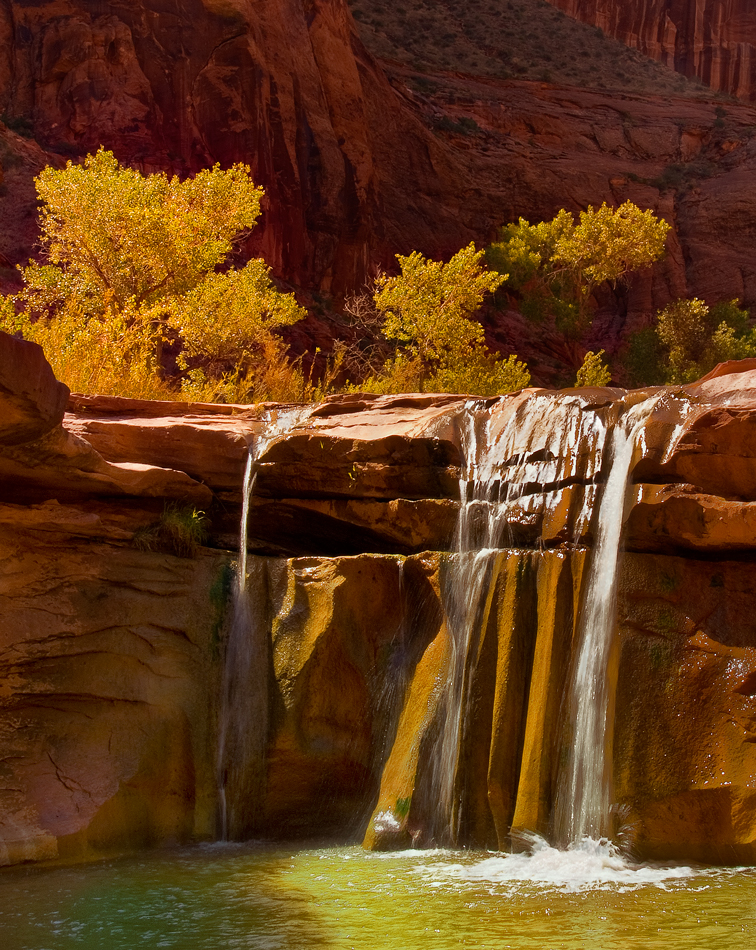
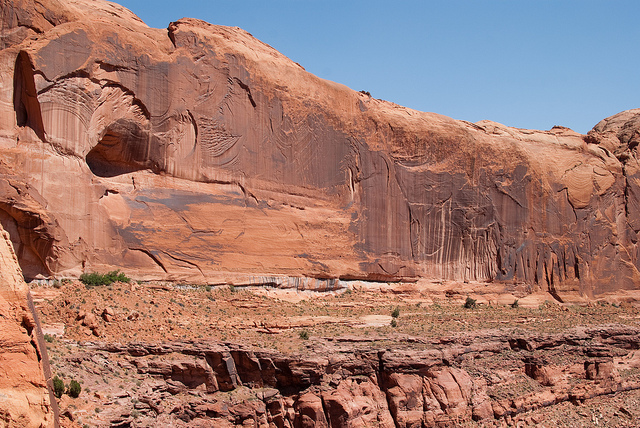
Coyote Gulch is a tributary of the Escalante River and is about 25 miles long.
16. Lake McDonald, Montana
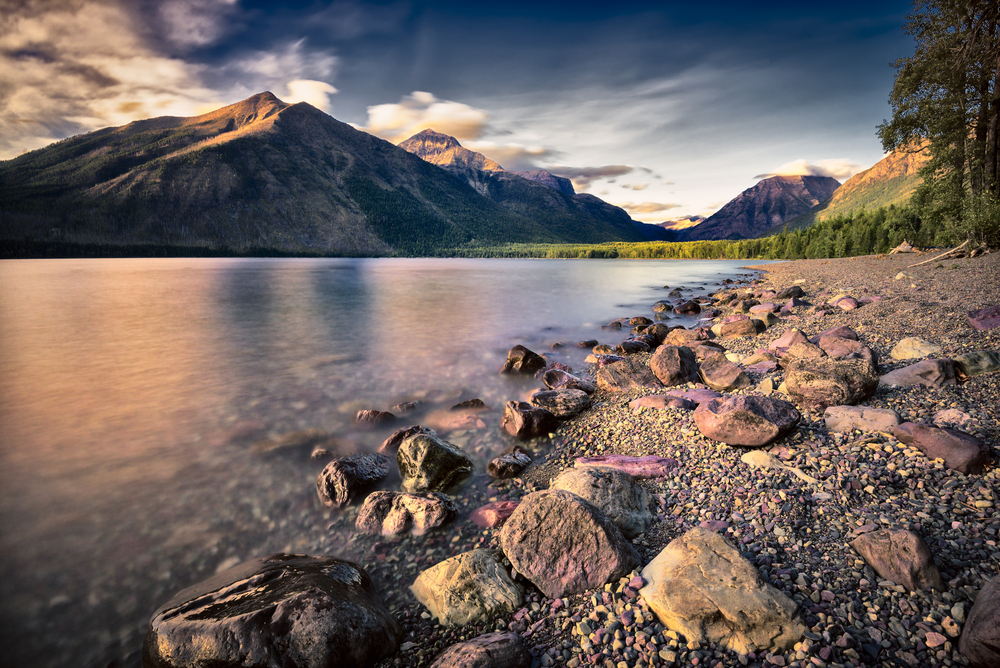
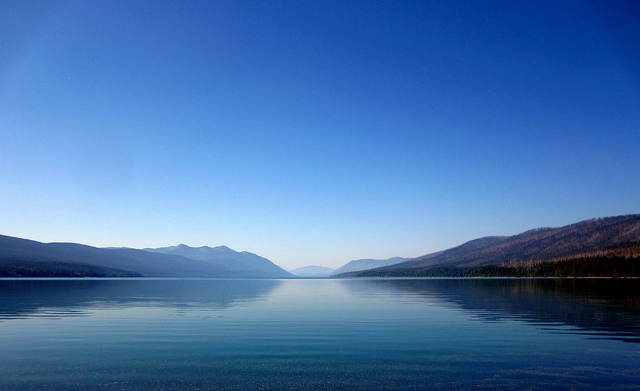
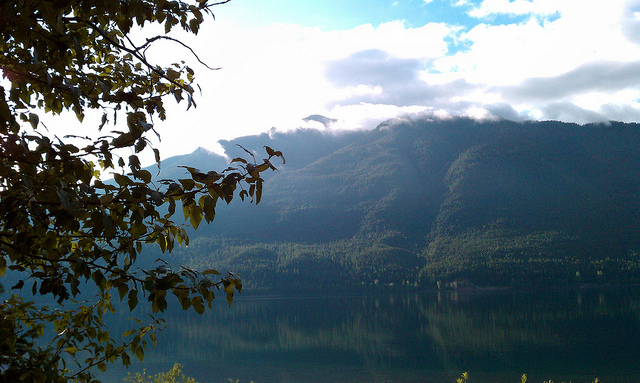
Lake McDonald is the largest lake in Glacier National Park. It is approximately 10 miles long and 500 feet deep.
17. Watkins Glen State Park, New York
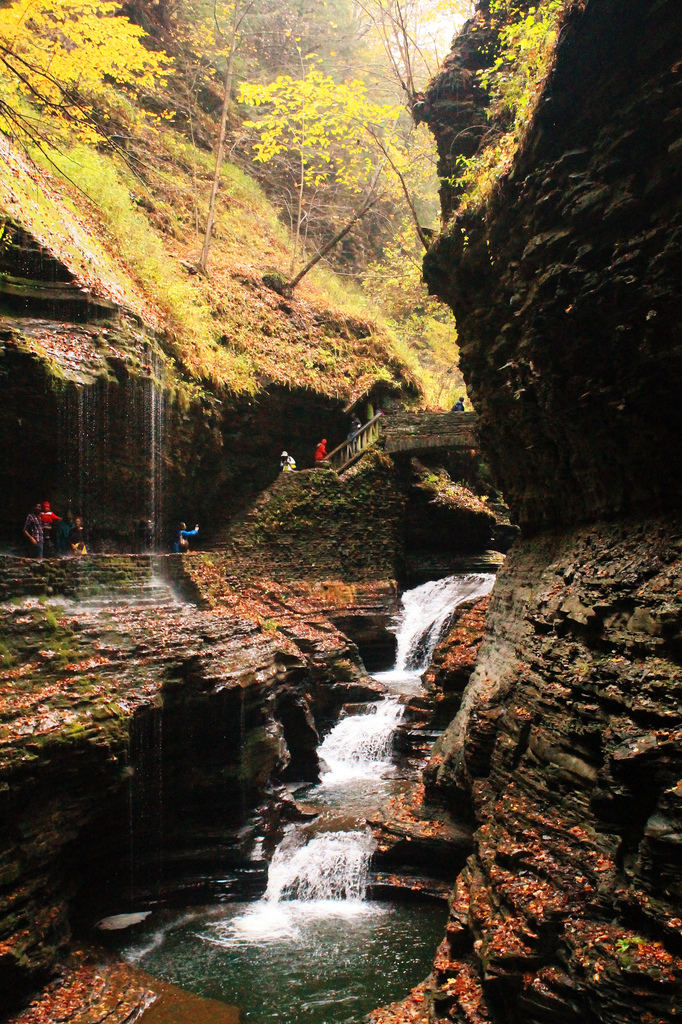
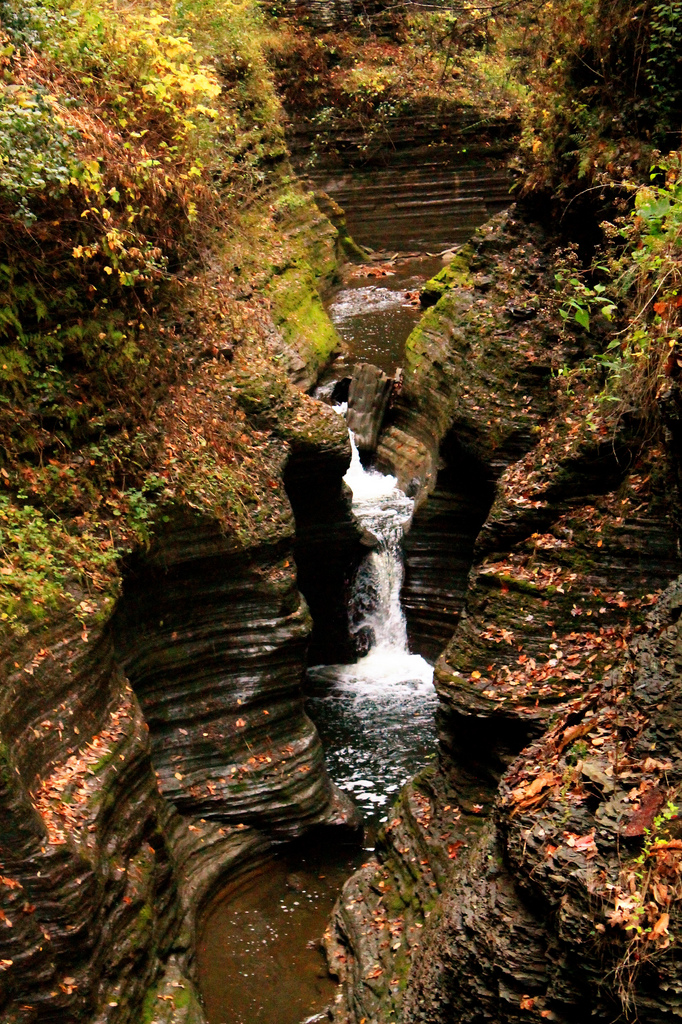
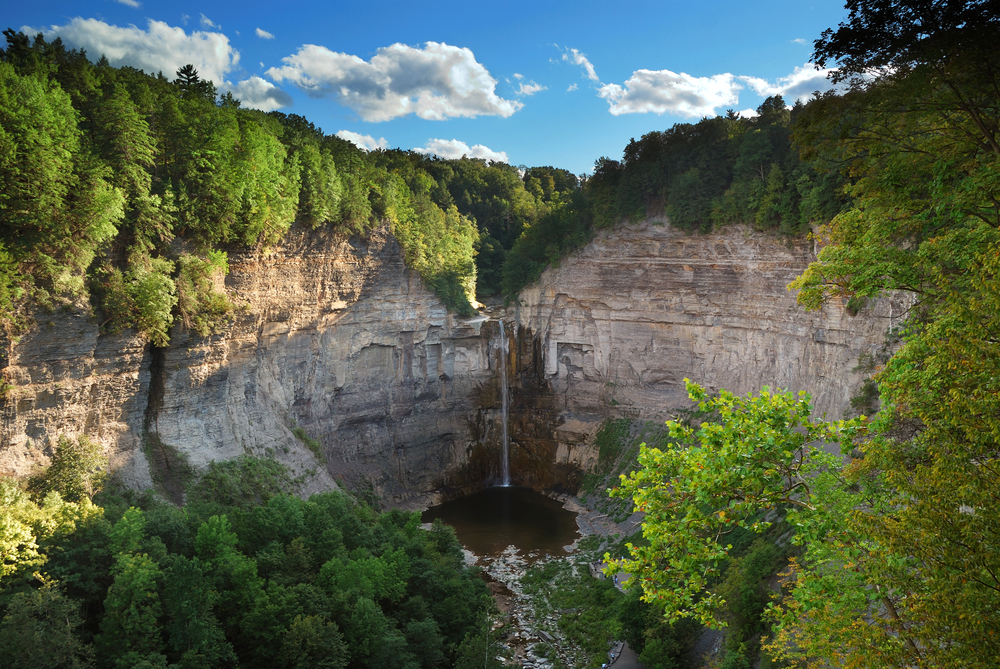
Previously a private tourist resort, until its purchase by New York State in 1906, Watkins Glen State Park’s main attraction is its narrow gorge left behind by glaciers of the ice age.
18. Denali National Park, Alaska
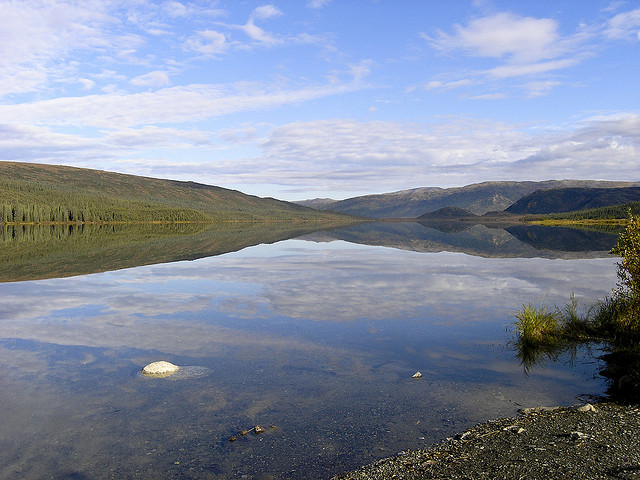
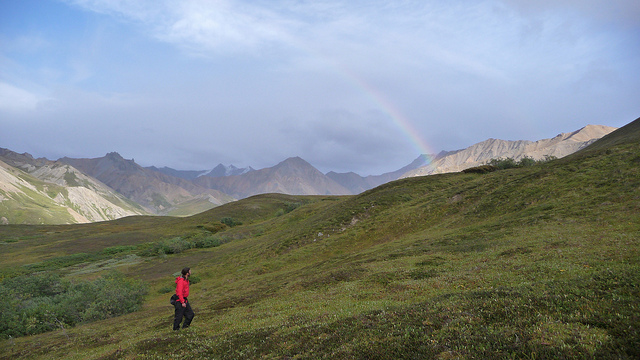

Denali National Park circles around the tallest mountain in North America – Mount McKinley. The park is estimated to be 6 million acres in size and home to tundras and glaciers.
19. Anza-Borrego Badlands, California
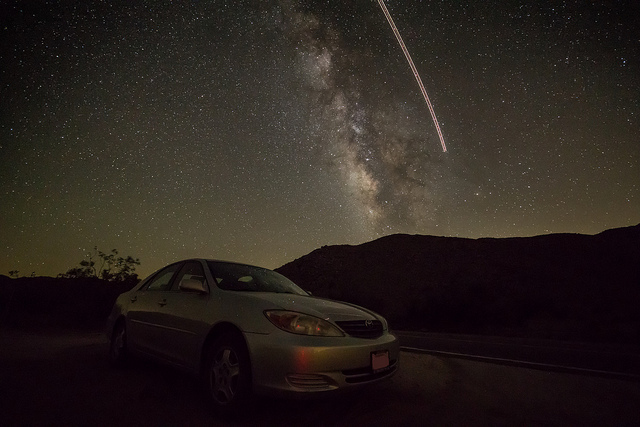
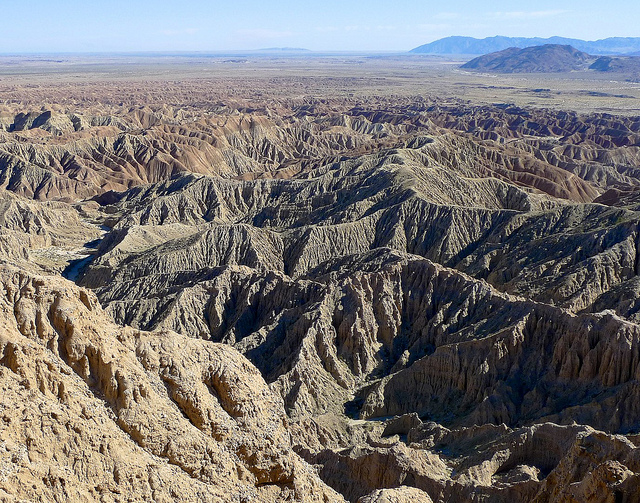
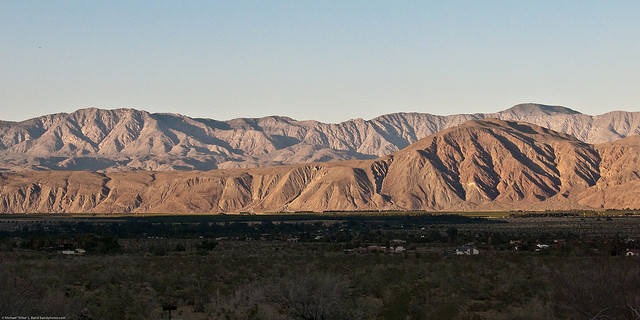
Anza-Borrego Desert State Park takes its name from an 18th-century Spanish explorer named Juan Bautista de Anza. Anza-Borrego is the largest park in California and second largest in the United States.
20. Skagit Valley Tulip Fields, Washington
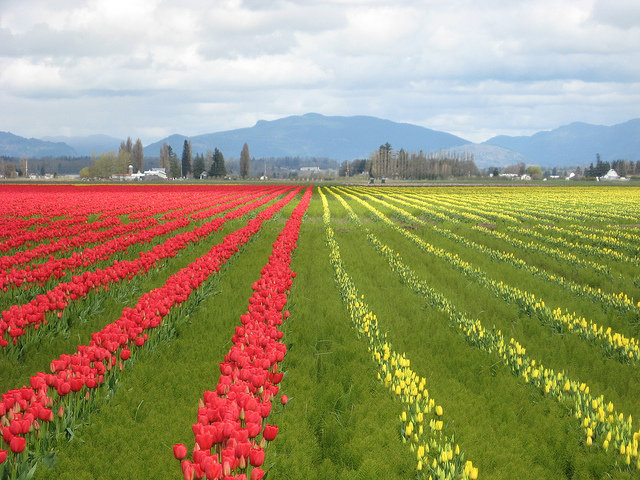

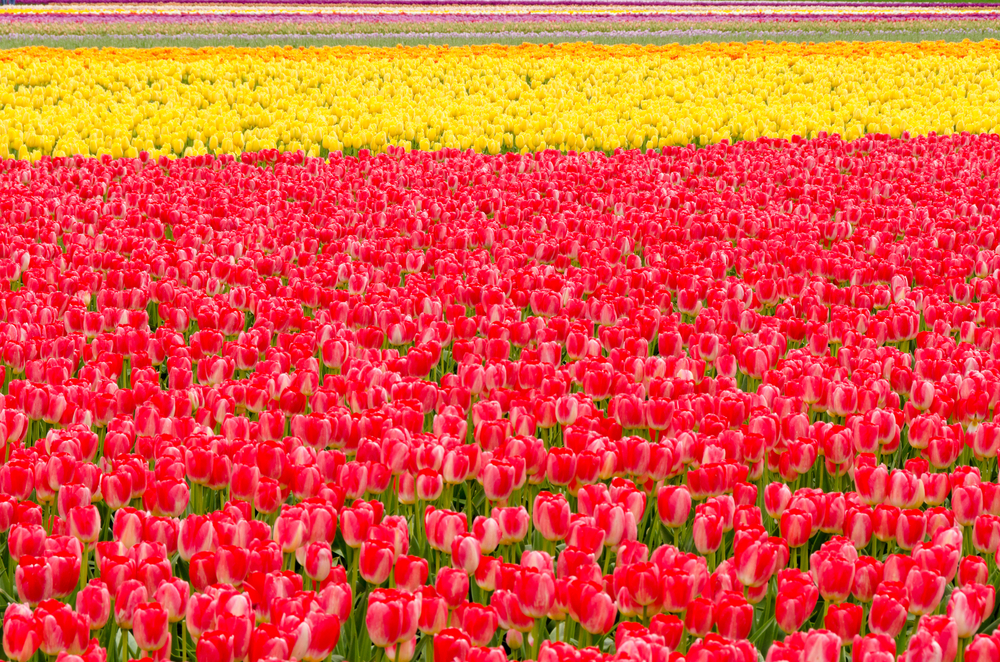
Skagit Valley Tulip Fields is home to a Tulip Festival held every April.
21. Hamilton Pool, Texas
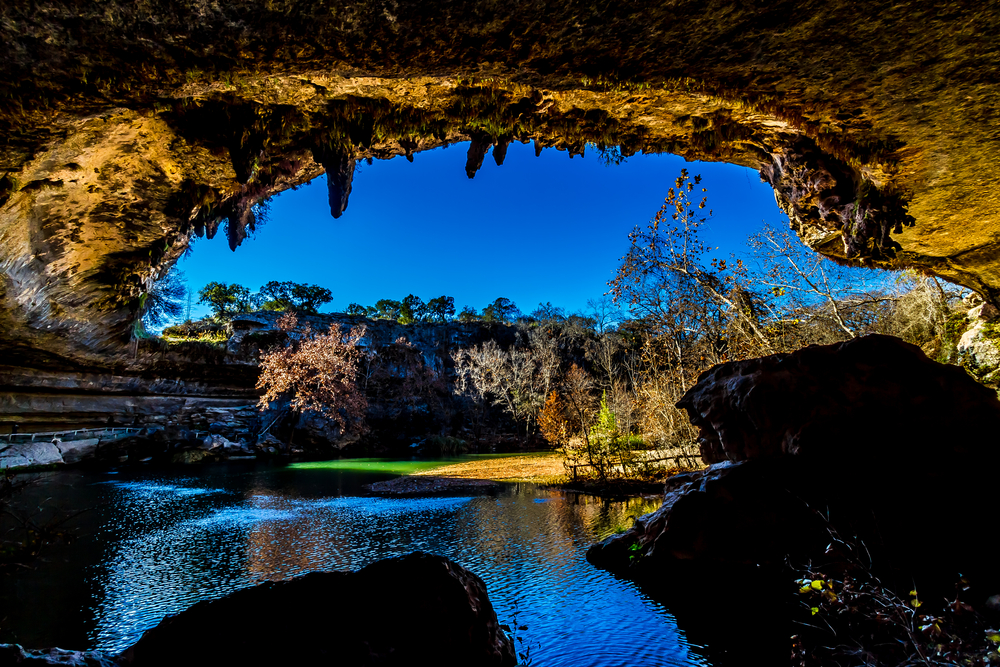
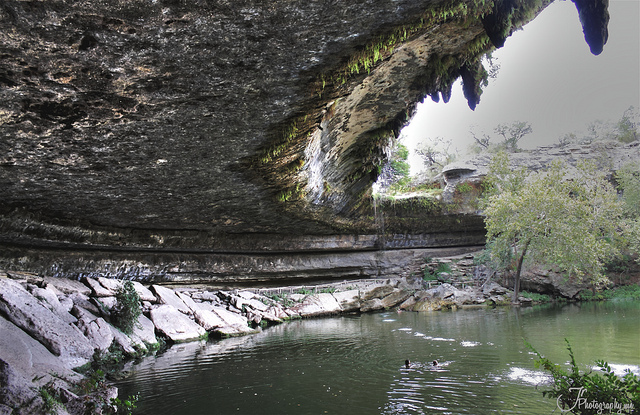
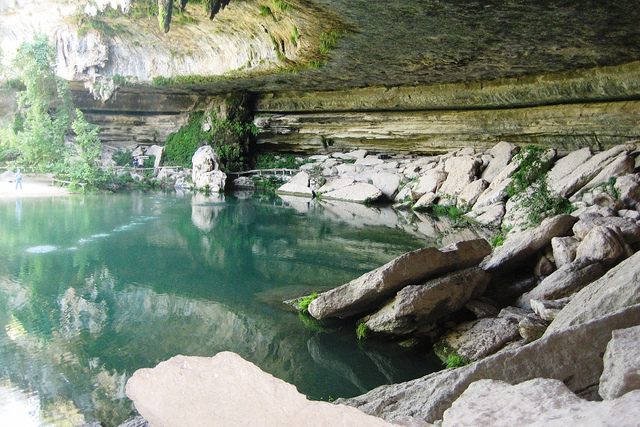
Located about 20 miles west of Austin, Hamilton Pool is a natural pool that was created due to erosion and the collapsing of an underground dome.
22. Great Smoky Mountains, North Carolina/Tennessee
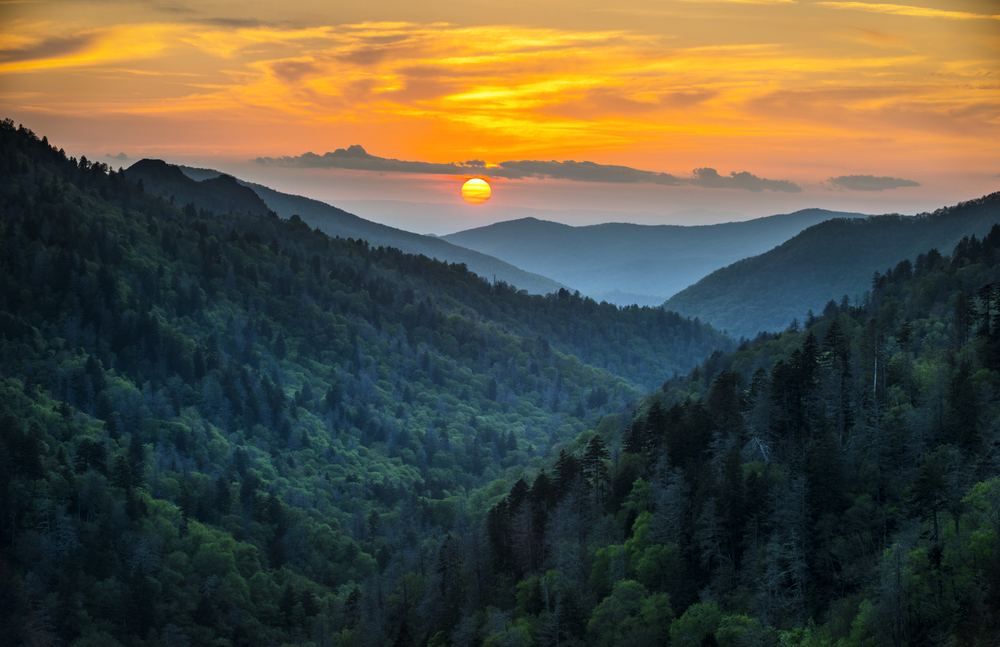
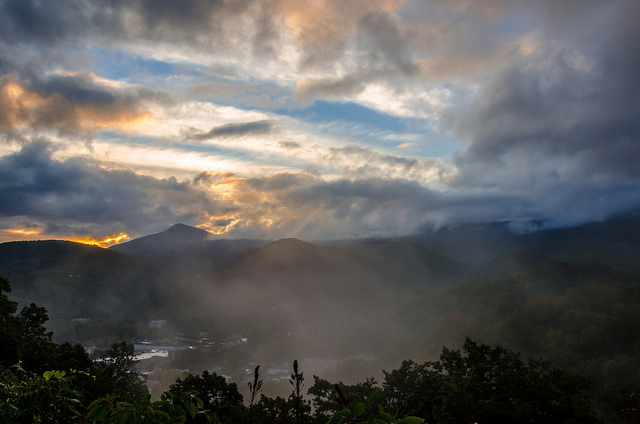
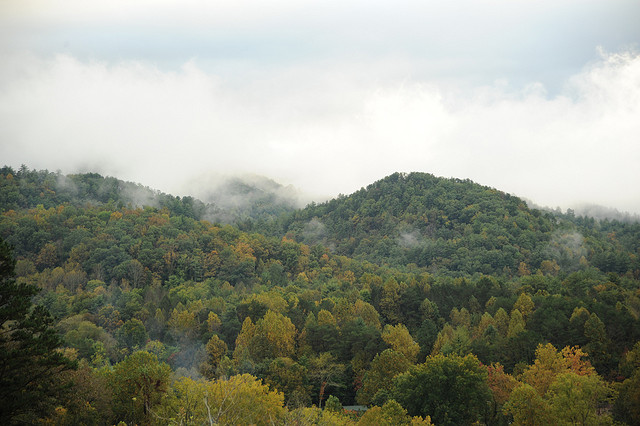
The Great Smoky Mountains is a designated UNESCO site. Its name comes from natural fog caused by volatile organic compounds exhaled by the vegetation surrounding the mountains.
23. Haiku Stairs, Oahu
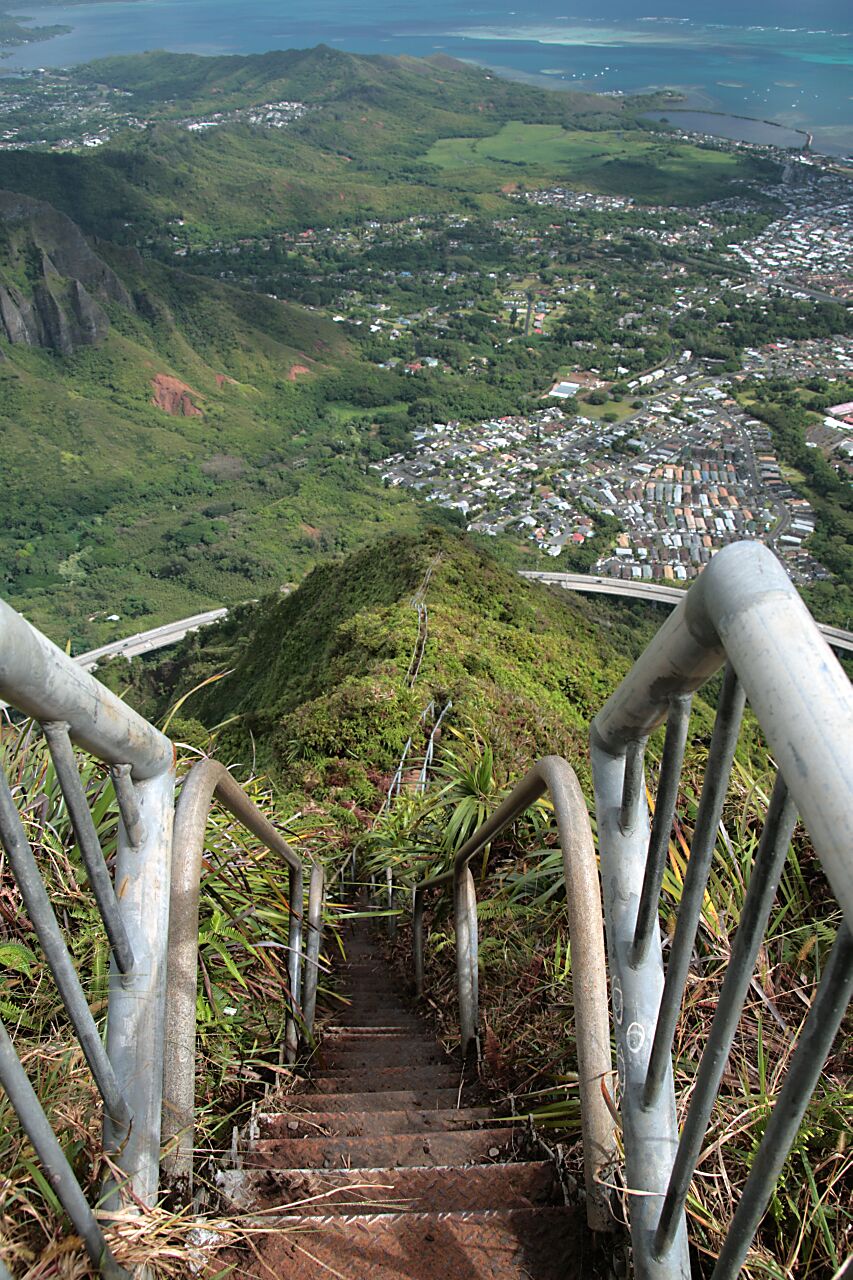
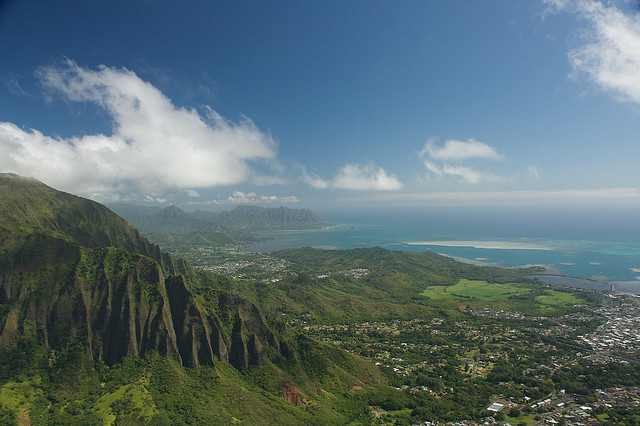
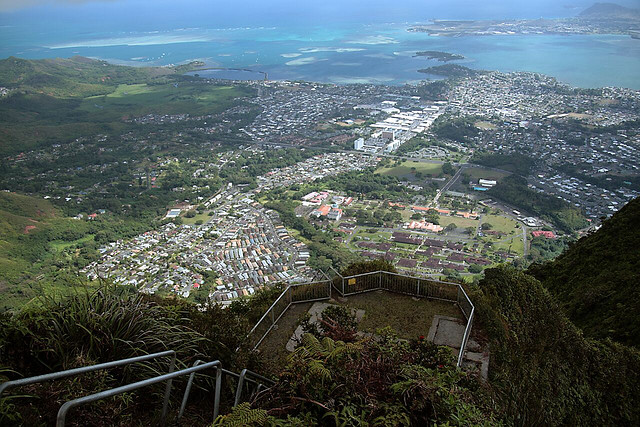
Also known as the Stairway to Heaven, it is a very steep hiking trail on O’ahu.
24. Devils Tower, Wyoming
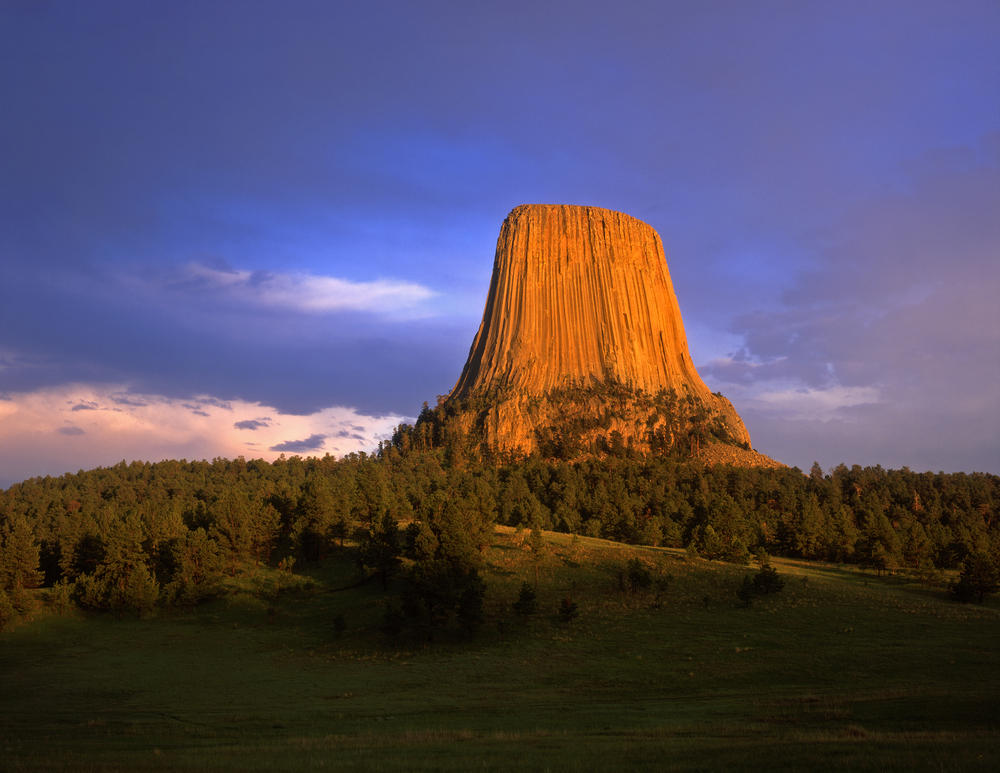
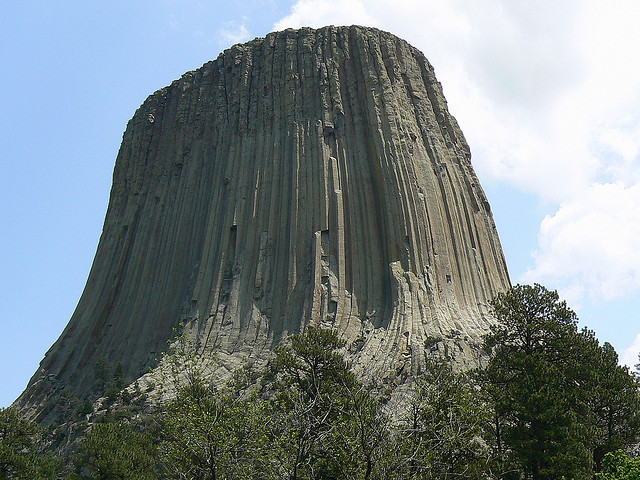
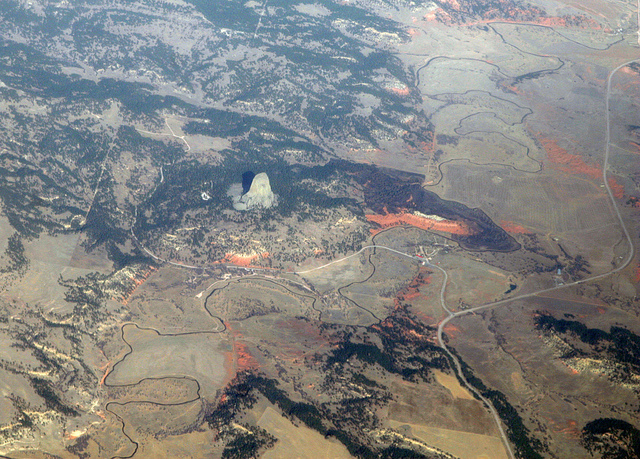
Standing 1,267 feet in the air, Devils Tower is the first US National Monument (declared by President Theodore Roosevelt)!
25. The Subway, Utah
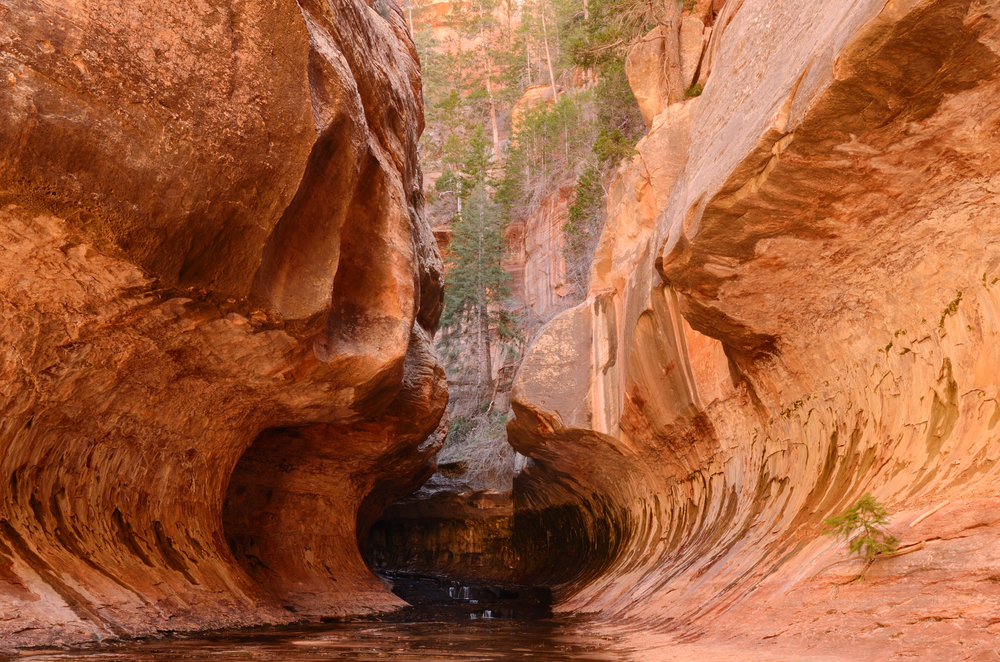
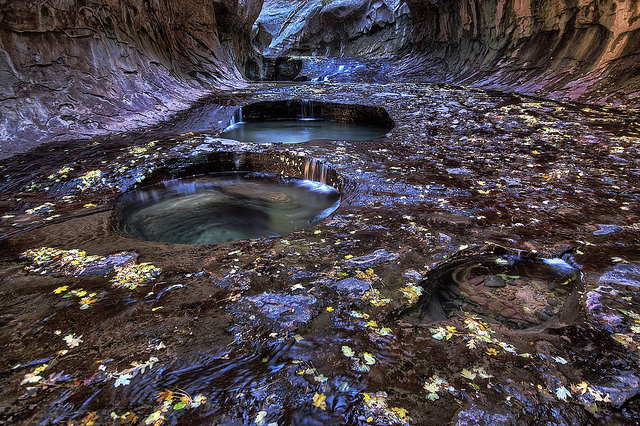
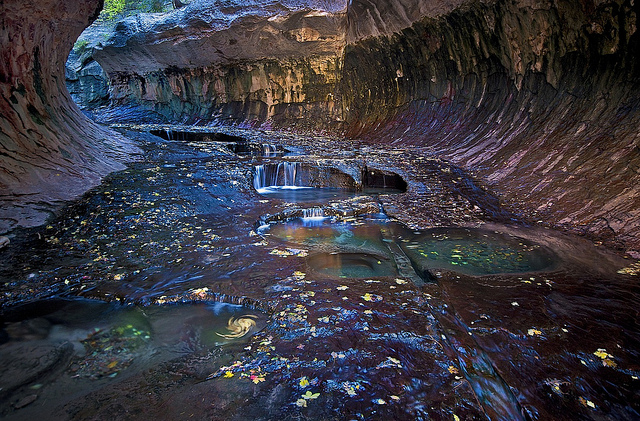
Located in Zion National Park, The Subway is a uniquely shaped canyon that is about a quarter of a mile long.
26. The Wave, Arizona
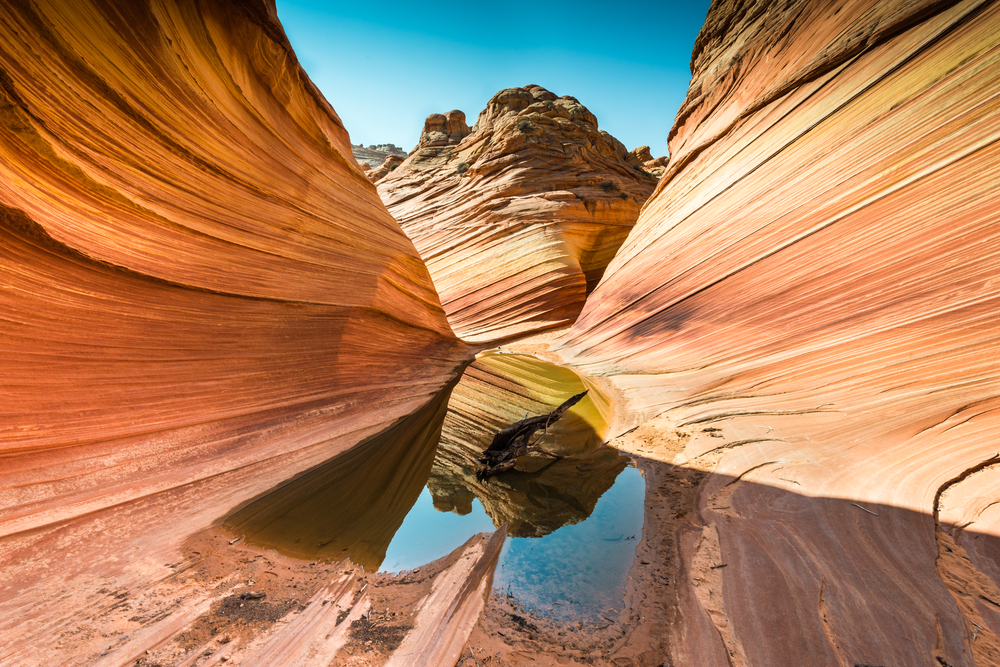
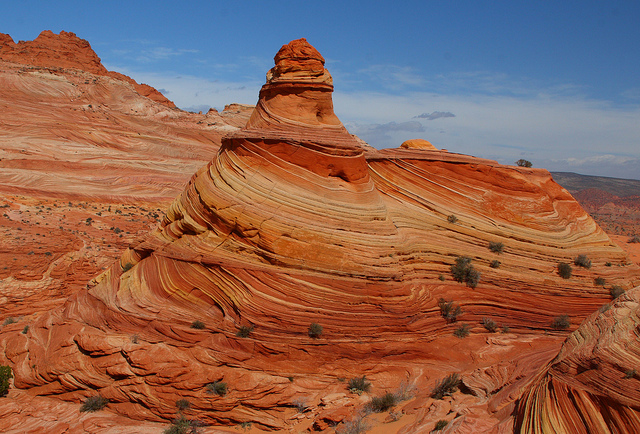
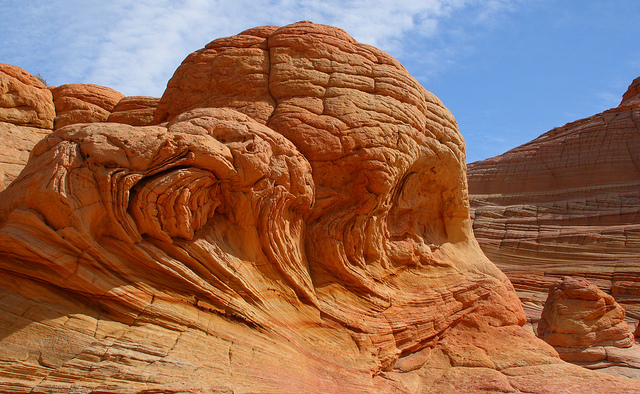
The Wave is a famous sandstone rock formation in Arizona. In fact, Hugo Martin wrote in his article for the Los Angeles Times, “You can’t call yourself a landscape photographer if you haven’t snapped a photo or two of the Wave.”
Have you been to any of these places? ![]()











